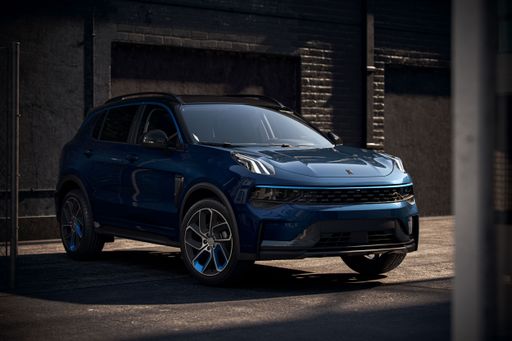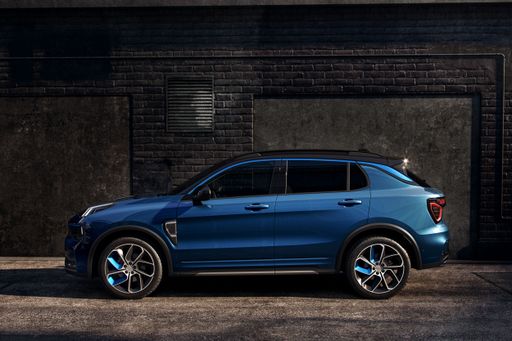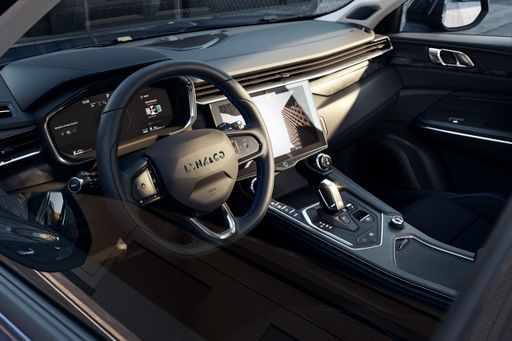Hyundai Tucson vs Lynk & Co 01: A Head-to-Head Comparison
When it comes to modern SUVs that seamlessly blend style, efficiency, and power, both the Hyundai Tucson and Lynk & Co 01. Golf stand out as compelling options. As the automobile landscape shifts towards more environmentally-conscious alternatives, these vehicles offer different takes on what the future of driving can look like. Let’s delve into a detailed comparison of their technical aspects and innovative features.








